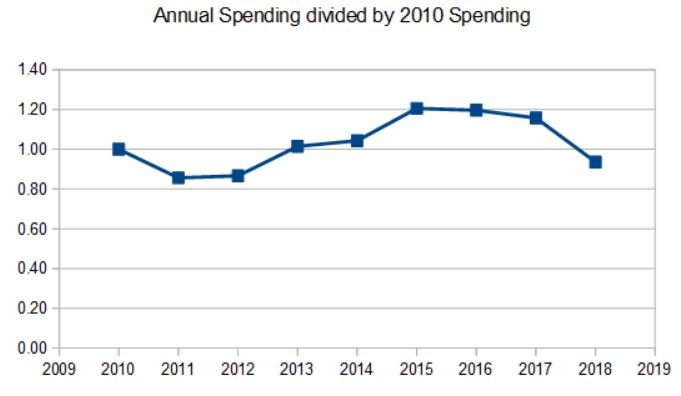Along with paid FAs lol. I asked an FA what ER risks were and he said...the x factor is Health Insurance. Many either fail to plan appropriately or don't expect health to decline (denial).Personally, I feel more confident about being able to manage the impact from taxes.
As for that McD comment and marketing...of course it's about marketing. What cruel mother would eat a happy meal at the dinner table in front of there children who are just eating chicken nuggets. It's the single most effective marketing ploy in human existence IMHO!
Yeah I have an idea let's create a Happy Meal, that way when the pissed off kid doesn't get one, he can assume that it's because he doesn't deserve to be happy, essentially forcing the parents to succumb to our brilliant marketing tactics. YES! That's it, we'll call it a HAPPY MEAL, nobody wan's to eat a SAD MEAL! Excellent point, hey let's color it BRIGHT RED AND YELLOW and put it in a box with cute little handles so the kids feel EXTRA special.



